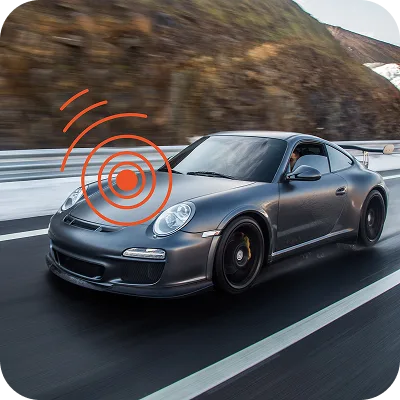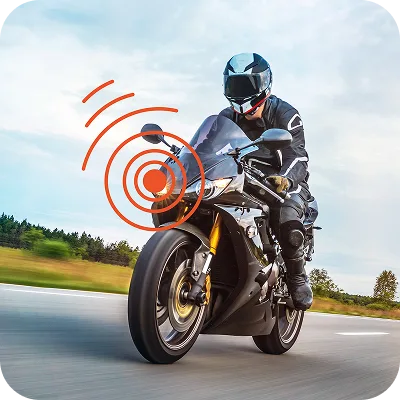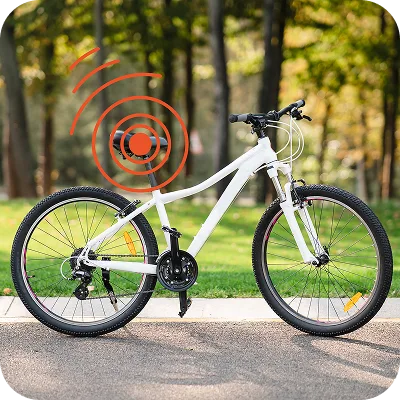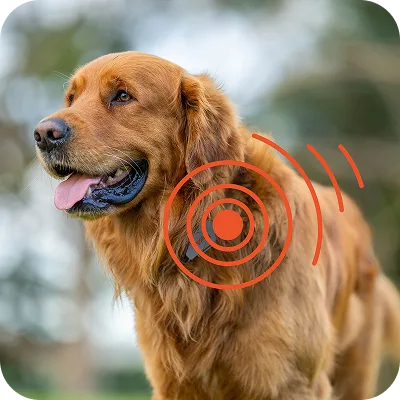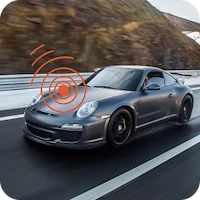Introduction:
The legality of automobile tracking devices inside the UK is a topic of significant interest, specifically with the growing use for both personal and business functions. Car monitoring gadgets can provide wide range of application, from fleet control to private protection, however, their use increases important privacy concerns. Is it legal to use in UK? What are the GPS tracking laws in UK that the customer should know about this device? This article pursuits to answer these questions by analyzing the cutting-edge UK legal guidelines surrounding automobile monitoring gadgets, in addition to the ethical considerations and consequences of their misuse.
Understanding Car Tracking Devices
The car tracking devices are gadgets that help you track the whereabouts of an automobile in real time. These devices have become well-known for a variety of purposes, such as fleet management, protecting loved ones, and preventing robberies. Nevertheless, there are extra privacy and legal concerns associated with using those gadgets.
In the UK, car monitoring gadgets can be set up in a car to offer specific records on the car’s whereabouts. They normally use internet to transfer the data to a server, in which they may be accessed with the resource of the consumer. The records accrued can encompass the automobile’s speed, direction, or even time spent at unique places.
While the tracking devices offer so many information about the car remotely, it is also a causing violations in terms of tracking illegally. The use of such gadgets must comply with UK vehicle tracking laws, which are designed to defend individuals’ privacy rights. Understanding these laws is vital earlier than figuring out how to use an automobile monitoring device.
Overview of UK vehicle tracking laws
UK GPS tracking laws regarding the use of car monitoring gadgets are basically ruled with the aid of information safety and privacy policies. The Data Protection Act 2018, which incorporates the General Data Protection Regulation (GDPR),creates a framework for the use of personal information, along with area info accumulated by the automobile tracking devices.
Legal Uses of Car Trackers
In the UK, it is legal to use car tracking devices under certain conditions. For instance, employers can legally install GPS trackers in company vehicles to monitor their fleet. However, employees must be informed of the tracking and its purpose. Consent is crucial; without it, the use of such devices could be deemed illegal.
If the vehicle is their own or they have the child’s permission, parents can also employ car trackers to keep an eye on their kids’ driving. Transparency is essential in every situation to maintain legal bounds.
Illegal Uses of Car Trackers
Using an automobile monitoring device without the knowledge or consent of the automobile proprietor or primary user is unlawful within the UK. This includes putting a tracker on an associate’s car without their understanding or the use of one to stalk or harass someone. Such movements are considered a violation of privacy and might result in criminal fees.
Additionally, using tracking facts for functions apart from the ones agreed upon can also breach the law. Misusing facts or failing to guard them properly can result in big consequences under UK information safety laws.
Consequences of Illegal Use of Car Tracking Devices
The unlawful use of vehicle monitoring devices will have severe legal repercussions. Individuals located guilty of unlawfully the use of an automobile tracker ought to face criminal charges, which may result in fines, imprisonment, or both. The severity of the punishment depends on the nature of the offense and whether it concerns different unlawful activities, inclusive of harassment or stalking.
In addition to criminal consequences, there can also be civil outcomes. Victims of unlawful tracking may additionally pursue criminal action for invasion of privacy, mainly to reimbursement claims. Employers who misuse monitoring data can also face consequences under the Data Protection Act, which could include significant fines.
Ethical Considerations When Using Car Trackers
Beyond criminal necessities, moral concerns are similarly vital when the usage of vehicle monitoring devices. While it could be a felony to install a tracker, doing so without the vehicle consumer’s understanding or for functions that infringe on their privacy may be ethically questionable.
Transparency is essential. Even in situations where criminal consent has been received, it’s far vital to ensure that everyone involved apprehends how the facts can be used. Ethical use of car trackers consists of respecting the privacy of others and using the technology for its intended reason.
What Are The Laws Around Car Trackers
You can’t just fit a tracker and forget about it. Some people do, then wonder why they get into trouble later. Before you switch one on, it’s helpful to know what the law actually states. Most of it comes down to basic stuff such as privacy, consent, and what happens to the data once it’s collected.
- Data Protection Act 2018 – You could call this the main guide for handling personal data. And yes, a tracker counts. Routes, times, and even where you stop for a coffee as all of that’s personal information. Once you store it, you’re responsible for keeping it safe. Not your installer or your insurance company, and if something goes wrong with that data, it lands back on you.
- General Data Protection Regulation (GDPR) – Following GDPR means being upfront about tracking and explaining the reason for it, and you can’t hide a tracker and then claim you installed it for their safety. Businesses need to be upfront about what’s being recorded on their employees, and how long they’ll keep it.
- Investigatory Powers Act 2016 – This one is mostly for the government. It covers surveillance by law enforcement, and they must even jump through hoops for approval. Unless your day job involves an ID badge and a warrant, this won’t apply to you. And if it does, you probably won’t even be reading this article.
- Protection from Harassment Act 1997 – Now, this one’s serious. If you use a tracker to follow or monitor someone, that’s harassment. There’s no clever excuse for it. You can call it “keeping an eye out,” but the law won’t care. Once intent looks personal or controlling, it crosses the line into a criminal offence, and it happens more often than people are willing to admit.
- Human Rights Act 1998 (Article 8) – Everyone’s got a right to privacy. Simple as that. Putting a tracker on someone’s car without them knowing violates that right, even if your reason feels harmless. “I just wanted to check where they were going” doesn’t hold up in court.
- Consent Requirements – If the car isn’t yours or someone else drives it often, you need their consent before tracking starts. No exceptions. The only time you can get away with tracking without direct consent is in a proper business setup, such as fleet management or delivery tracking. And even then, staff should still be told. It’s about being open. If you’d hate someone doing it to you in secret, don’t do it to them.
Legal Uses of Car Trackers
Fleet and Business Use
For companies, trackers are legal tools that help manage vehicles, improve safety, and prevent theft. Businesses often install them to:
- Monitor routes and delivery times
- Reduce fuel costs and downtime
- Recover stolen vehicles faster
Drivers must be told that tracking is in place and why it’s used. This keeps things transparent and avoids legal issues. Most employers now include this in contracts or company policies.
Insurers also take notice. A tracked fleet is less likely to face false claims or go missing for an extended period, which in turn can lead to lower premiums, as the risk to the insurer decreases.
Personal Vehicles and Insurance Benefits
Trackers aren’t just for companies keeping an eye on delivery vans. More everyday drivers are now fitting them, mainly for peace of mind. If your car goes missing, a live GPS tracker can locate it the moment it moves from its intended location, with both police and insurers noting that recovery chances rise sharply when a tracker is active. That’s why some insurers make it a requirement for high-value cars or models that are particularly attractive to thieves.
Apart from theft protection, the data on the tracker can help support you after an accident. It displays details such as your route, speed, and travel time. That evidence can stop drawn-out disputes and help prove you weren’t at fault. If you’ve ever had to argue over who had right of way, you’ll know how valuable that kind of proof can be.
Insurers see that value too. Reliable data reduces the likelihood of false claims and makes investigations easier. As a result, some offer discounts for cars fitted with recognised systems.
Commonly accepted tracker standards include:
- Thatcham-approved – tested for reliability and tamper resistance.
- Sold Secure Gold – A higher security rating often used for performance or luxury cars.
A small investment in one of these devices can easily pay for itself through lower premiums or faster payouts.
Parental or Personal Safety Use
You can legally install a tracker in your own car or a vehicle you have permission to monitor without any issues.
What we are seeing more of here at PAJ GPS is parents adding tracking to their family members’ cars, especially when they have children who are new to driving.
If you install a tracker on a vehicle, you must inform the person you are tracking and provide the reasons behind it. That way, everything is transparent and happy with the final outcome.
Tips for Legal and Safe Use of Car Tracking Devices in the UK
To ensure that you are the usage of vehicle monitoring devices legally and safely in the UK, do not forget the subsequent suggestions:
- Obtain Consent: Always get specific consent from the vehicle proprietor or primary person before installing a monitoring tool.
- Be Transparent: Clearly communicate the reason for the monitoring and the way the data could be used.
- Protect Data: Ensure that the records amassed are stored securely and accessed only through legal individuals.
- Stay Informed: Keep up to date with UK legal guidelines and policies concerning the use of monitoring gadgets to avoid any felony pitfalls.
- Use Ethically: Consider the ethical implications of monitoring someone’s car and recognize their privacy at all times.
Are PAJ GPS devices safe to use?
Absolutely. PAJ GPS devices are built with advanced security features and regularly updated to prevent any potential PAJ GPS data breaches.
Conclusion
Car monitoring devices offer several blessings, however, their use inside the UK is ruled by strict legal guidelines and moral concerns. While it is criminal to use those gadgets under positive conditions, failure to conform to the regulation can result in extreme consequences. By understanding the legal framework and acting ethically, you can use automobile tracking devices efficiently and responsibly.
